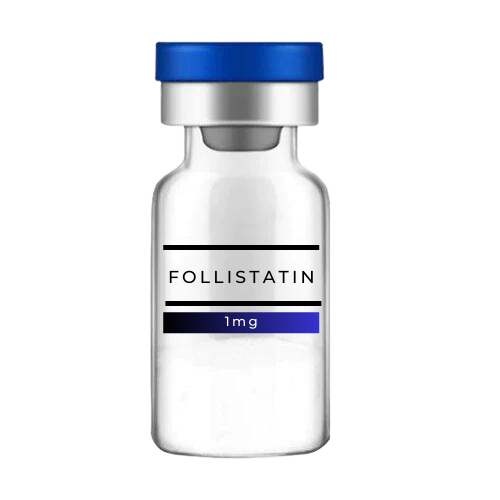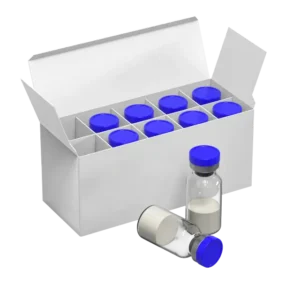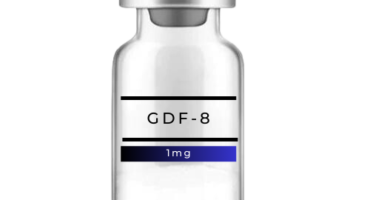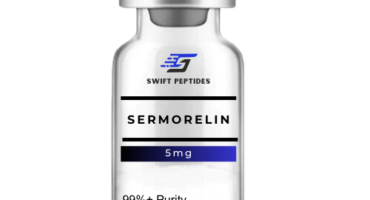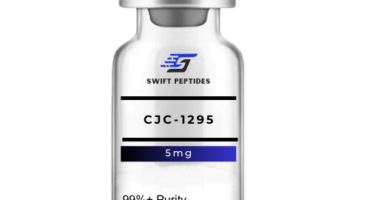FOLLISTATIN-344 DESCRIPTION
The activin-binding protein Follistatin is an autocrine glyco-protein produced by folliculostellate (FS) cells of the anterior pituitary and it is part of the inhibin-activin-follistatin axis. Follistatin is expressed in nearly all tissues of higher animals, and its main function is the binding and bioneutralization of members of the TGF-β superfamily, incl. GDF-8 (Growth Differentiation factor 8; called also often Myostatin), and with a particular effect on activin, a paracrine hormone. Isoform Follistatin-344 is able preferentially suppress the effects of Myostatin and is its potent inhibitor.
MYOSTATIN (GDF-8)
Myostatin (GDF-8) is a myokine, released by myocytes, it is a member of the TGF beta protein family. Myostatin (GDF-8) acts on muscle cells’ autocrine function to inhibit muscle cell growth and differentiation. In humans it is encoded by the MSTN gene, and the MSTN gene is located on the long (q) arm of chromosome 2 at position 32.2. Human Myostatin with total molecular weight is 25.0 kDa consists of 2 identical subunits, each consisting of 109 amino acid residues.
SCIENTIFIC STUDIES AND FOLLISTATIN-344 RESULTS
Scientific research and clinical trials have shown that inhibition of Myostatin (either by genetic elimination or by increasing the amount of its inhibitors Follistatin or ACE-031), resulted in greatly increased total muscle mass: Animals with lack of myostatin and individuals who have mutations in both copies of the MSTN gene have significantly more muscles. Scientific studies of Follistatin-344 and GDF-8 may have therapeutic application in treating muscle wasting diseases (muscular dystrophy etc).
SCIENTIFICALLY INVESTIGATED POSSIBLE BENEFITS OF FOLLISTATIN-344
-
- Increased lean muscle mass / promoting muscle growth, strength and performance
- Strong anabolic & anti-catabolic effect / preventing muscle loss
- Increased the number of hairs on the head and their thickness (follicle density)
- Beneficial role in some different types of cancer
- Reduction of excess body fat
FOLLISTATIN POSSIBLE SIDE-EFFECTS
-
- Negative role in some types of cancers
- Significant pain, swelling or irritation at the injection site
- Increased body temperature (at the beginning of use)
- A feeling of warmth and heat (at the beginning of use)
FOLLISTATIN AND CANCER, POSSIBLE LINK
Performed scientific studies suggest, that Folistatin may, due to its interactions with Activin, have a positive or negative effect on the course of cancer depending on its type: Follistatin has been found to play a beneficial role in many different types of cancer, including breast cancer, lung cancer, liver cancer, ovarian cancer. However, Follistatin may play a negative role in other types of cancers, such as esophagus cancer, stomach cancer, skin cancer or prostate cancer.
| Weight | 1 lbs |
|---|---|
| Dimensions | 1 × 1 × 1 in |
| MG | 20mg – 2mg vials x 10 |

